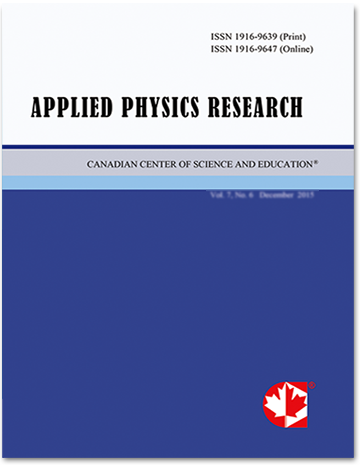Uncovering the Hidden Information: A Novel Approach to Modeling Physical Phenomena Through Information Theory
- Boris Menin
Abstract
The growing need to study more complex physical phenomena and technological processes determines the importance of reducing the uncertainty of formulated models. However, measurement theory does not provide a clear answer to the question of how to calculate and use model structure uncertainty: the presence of certain base quantities and derived variables. The key novelty of this research lies in the informational method, which allows you to find the value of the uncertainty of the model of the phenomenon that has a certain structure. This uncertainty is initial and precedes the definition of uncertainties associated with the implemented computer algorithms, subsequent experiments, data processing, and the people involved in the study. This article aims to provide a detailed explanation of the informational method and its application for the selection of a model that satisfies the chosen universal criterion of comparative uncertainty. This criterion allows for solving the problem of identifying the preferred model that meets the requirements and philosophical outlook of the observer. So far, for many decades, no efforts have been made to take this uncertainty into account in scientific and technical practice. We applied the information method to analyze the attainable accuracy or perfection of established physical laws in this paper.
- Full Text:
 PDF
PDF
- DOI:10.5539/apr.v15n1p101
Journal Metrics
Google-based Impact Factor (2017): 3.90
h-index (November 2017): 17
i10-index (November 2017): 33
h5-index (November 2017): 12
h5-median (November 2017): 19
Index
- Bibliography and Index of Geology
- Civil Engineering Abstracts
- CNKI Scholar
- CrossRef
- EBSCOhost
- Excellence in Research for Australia (ERA)
- Google Scholar
- Infotrieve
- LOCKSS
- NewJour
- Open J-Gate
- PKP Open Archives Harvester
- SHERPA/RoMEO
- Standard Periodical Directory
- Ulrich's
- Universe Digital Library
- WorldCat
Contact
- William ChenEditorial Assistant
- apr@ccsenet.org
